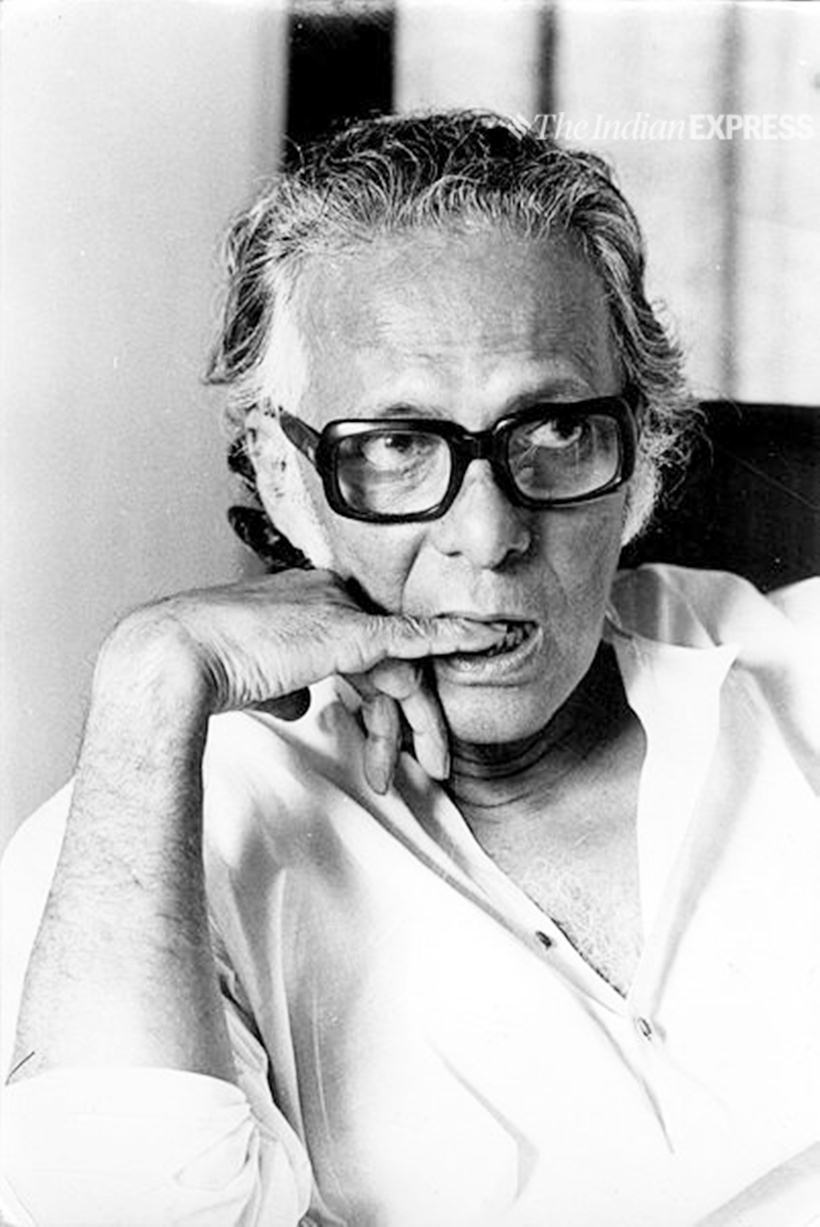Mrinal Sen’s humanism, childlike curiosity are why his work remains relevant
It is important, even as we mourn Mrinal Sen’s passing, to celebrate his life and the work that he has left for future generations to enjoy. That would be our greatest tribute to him.

Talking of Mrinal Sen, the epithet that springs immediately to mind is “forever young”. He was the youngest old man I knew. Not really that old, of course. In fact, he was a fairly young man when I knew him, as a girl, as my parents’ friend — but at that age, anybody of your parents’ generation seems old. Even so, Sen seemed younger than most of his contemporaries at the time. Full of fun, with a delightful sense of humour, and that rare quality — the ability to laugh at himself — he embodied the very spirit of youth. As did his films. Very few filmmakers have addressed the problems faced by the youth of the country in times of political unrest with as much empathy as Mrinal Sen. Films like Interview and Padatik spring immediately to mind.
Sen was acutely aware of, and continually engaged with, the social reality around him. Strong left leanings, deep humanism, and a childlike curiosity about everything combined to make him what he was — a force to reckon with in the arena of world cinema. The strong, gentle, socially aware being inside him made it impossible for him to be indifferent to the evils in our socio-political environment; the child within him would make him experiment again and again with cinematic form. That is one of the reasons why his films remain modern and relevant to this day, while many films made around the same time have become sadly dated.
His ability to critique himself and the milieu he came from gave him an edge over most of his contemporaries. He hailed from the middle class and knew well its weaknesses and hypocrisies. So when he made films like Kharij and Ekdin Protidin, which are ensconced firmly within the established morality of the Bengali middle class, he set out to question those very values. And this he did with enormous relish. In Ekdin Protidin, when Chinu the grown-up daughter (and possibly the only earning member of the family) does not return home from work all night, the whole family and its immediate neighbours all start questioning the motives of the girl and even begin to doubt her morals. When she finally does return, the director offers no explanations as to her whereabouts. I was present once at a Q&A after a screening of the film. Somebody asked Mrinal Sen where Chinu had been all night. I still remember the delight with which he replied: “How should I know where she was?” he chuckled, “I made the film expressly so that you will be plagued by this question forever!”
I could not help marvelling at the extraordinarily modern outlook of both the film (made in 1979), and its maker, and the way the false values of a patriarchal system were brought unrelentingly under the microscope.
His death has left a great void — both in world cinema and at a much more personal level.
One of the things I loved most about him was the zest he had for life and the relish with which he made his films. The joy of the creator was so evident in films like Bhuvan Shome, Akash Kusum or even very serious subjects like in Ekdin Protidin, Khandahar, or Mahaprithibi, that it used to affect me as a spectator in ways that are difficult to explain.







































No hay comentarios:
Publicar un comentario